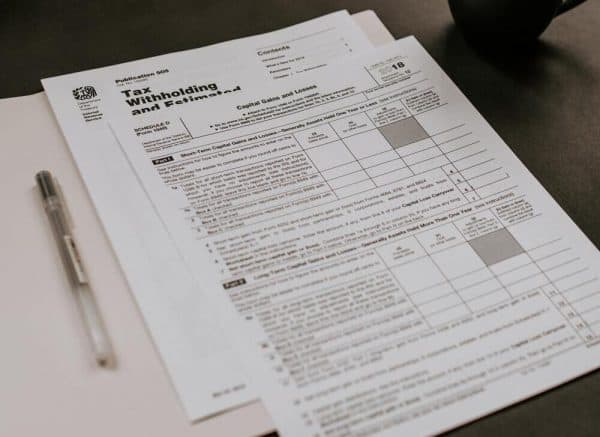 Tax preparation service provider H&R Block had been working with external banking platforms, however, the company is now planning to offer digital financial services to middle-income US households.
Tax preparation service provider H&R Block had been working with external banking platforms, however, the company is now planning to offer digital financial services to middle-income US households.
The Kansas City headquartered company has been focused on supporting its clients by helping them deposit their tax refunds via its Emerald prepaid debit card. As reported by American Banker, H&R Block intends to offer a virtual bank account beginning the next tax filing season. This should motivate consumers to use its services on a more regular basis.
Although H&R Block has not provided many details at this time, the firm’s management noted that they intend to focus on their current clients, which include people with moderate incomes, who may not have access to reliable banking partners.
In an interview with American Banker, company CEO Jeff Jones stated that the new service will be low-fee, “high-featured” and will aim to “target the refund as the event to fund the account.”
H&R Block maintains around 10,000 business locations across the US. The company aims to transform its operations as it’s currently dealing with a competitive environment that now includes many do-it-yourself (DIY) tax preparation solution providers. Shares in the company have been falling (declining over 40% from their all-time highs back in 2015).
By launching its banking challenger platform, H&R Block can expect to enter a really crowded market of Fintechs that provide mobile-only or all-digital accounts for consumers who are not happy with regular banks because of their high fees or slower services. Digital bank Chime and Varo could be H&R Block’s main competitors.
However, H&R Block might benefit from its solid market presence and its 8 million+ user base that already meets the requirements of the type of customer that the company aims to serve.
But one of the main challenges for H&R Block will be to develop a profitable and sustainable business model that can generate consistent revenue without having to charge the typical fees that regular banking services take from clients.
In 2020, H&R Block had terminated its relationship with Axos Financial, which was providing the Emerald Card. H&R has now teamed up with Meta Financial, which will be introducing the new virtual bank account.
Jones previously worked at Uber and Target and then joined the H&R Block team back in 2017. He stated that the move to sell off H&R Block Bank, which was done so that the business won’t have to adhere to updated rules requiring the firm to maintain larger cash reserves, was the right decision at that time. The institution’s sale to Axos (BofI Holding at the time) was finalized in 2015.
The growing adoption of DIY tax preparation solutions, which has been further accelerated by the pandemic, is posing challenges for H&R Block, BTIG analyst Mark Palmer claims. This could be why the company will offer new digital accounts.
H&R Block may also change its business model by eventually closing down some of its physical locations. The company may also increase its focus on small businesses.
H&R Block had also acquired Wave Financial a few years back. Wave offers an accounting, invoicing, payroll and payments solution. It also focuses on SMBs.
H&R Block’s virtual bank accounts may be launched in October of this year. The firm’s large network of stores, along with the Emerald Card with 2 million users, will offer the appropriate distribution channels for the new product offering.
Jones added:
“We like where we start, given the business we’re in. But make no mistake, we have to translate strategy into execution and product development, which is what’s underway now.”
H&R Block will continue to provide its consumer credit products which include a zero-fee refund anticipation loan and a line of credit with a $45 annual fee and a 35.99% APR.

